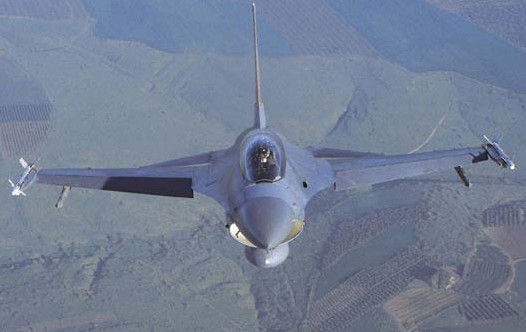Risk assessment shows Israeli strike to thwart arms to Hezbollah worth it
By ELIEZER MAROM/J.Post/04/28/2015
The events of recent days on Israel’s northern border illustrate the sensitivity of the region and demonstrate the patterns of action of the involved sides. If the IDF did indeed carry out the air raid that has been attributed to it, it can be said that Israel is acting consistently in accordance with its stated policy and is continuing to prevent the transfer of quality weapons to Hezbollah. The organization is attempting to change the rules of the game, and despite its being mired in the Syrian civil war, it responded, relatively quickly, and tried to place explosive devices along the border with Israel on the Golan front. The IDF’s tactical preparedness for Hezbollah’s response is worthy of praise. An effective intelligence scheme, combined with an operational scheme – in this case aerial – that is readily available and effective, thwarted the activity while it was still at threat level and prevented IDF casualties.
It must be assumed that an attack such as that attributed to Israel over the weekend was carried out after an assessment of likely responses. This is actually a risk-management system, which the defense establishment uses to gauge the future consequences of its actions. In this type of assessment, Israel first studies the strategic situation and essential interests of Iran, which Hezbollah serves as the forward battalion for, and afterward analyzes the positions of Syria and of Hezbollah. Usually, after the consequences have been examined, the military echelon makes its recommendation and the political echelon is asked to authorize the action.
The strategic analysis shows that Iran is currently mired in battle on a number of fronts – Yemen, Iraq, Syria and Lebanon – and its forces and resources are “stretched out” to near their limit. Additionally, the Iranian regime, led by President Hassan Rouhani, was elected on the promise it would remove sanctions on Iran and it is currently in the midst of negotiations for an agreement with Western powers on its nuclear program, which will likely end in the sanctions being lifted. It is difficult to see Iran in this situation open a new front against Israel and endanger the agreement with world powers.
When analyzing the strategic position of the other forces in the area, one comes to similar conclusions. Hezbollah is busy with fighting in Syria and Iraq, and at this stage, it seems that the organization also is not interested in opening a front against Israel. Assad’s forces as well are up to their necks in the Syrian civil war and they clearly want no part in adding Israel to their list of enemies.
The strategic assessments show that the risk of things spiraling out of control in the area are not high. Therefore, Israel should prevent Hezbollah, as much as is possible, from obtaining quality weapons that could hinder the IDF’s freedom of action in a future conflict and hit quality targets deep inside Israel with great precision. It must be noted that despite the strategic assessment, events in the North could spiral out of control, for example, if an unsuccessful strike leads to multiple casualties on one of the sides. Therefore, increased levels of alert by the IDF along the border on which Hezbollah is likely to try to respond again, and smart risk-management before every action, can help to reduce the dangers.
The bottom line is that Israel must prevent the smuggling of quality weapons to Hezbollah. Properly managing the situation to prevent a response by Hezbollah will help the IDF continue to act in accordance with its goals, without inflaming the area.
**V.-Adm. (res.) Eliezer Marom served as the commander of Israel’s navy between 2007 and 2011.















